The Weill Neurohub Fellows Program
This program trains the next generation of innovators and help launch their careers as independent researchers by supporting graduate students, post-docs, and post-residency MDs aspiring to be clinician-scientists. This funding provides opportunities for Weill Neurohub Fellows to spend time on multiple campuses.
The 2025-2027 Fellows
-
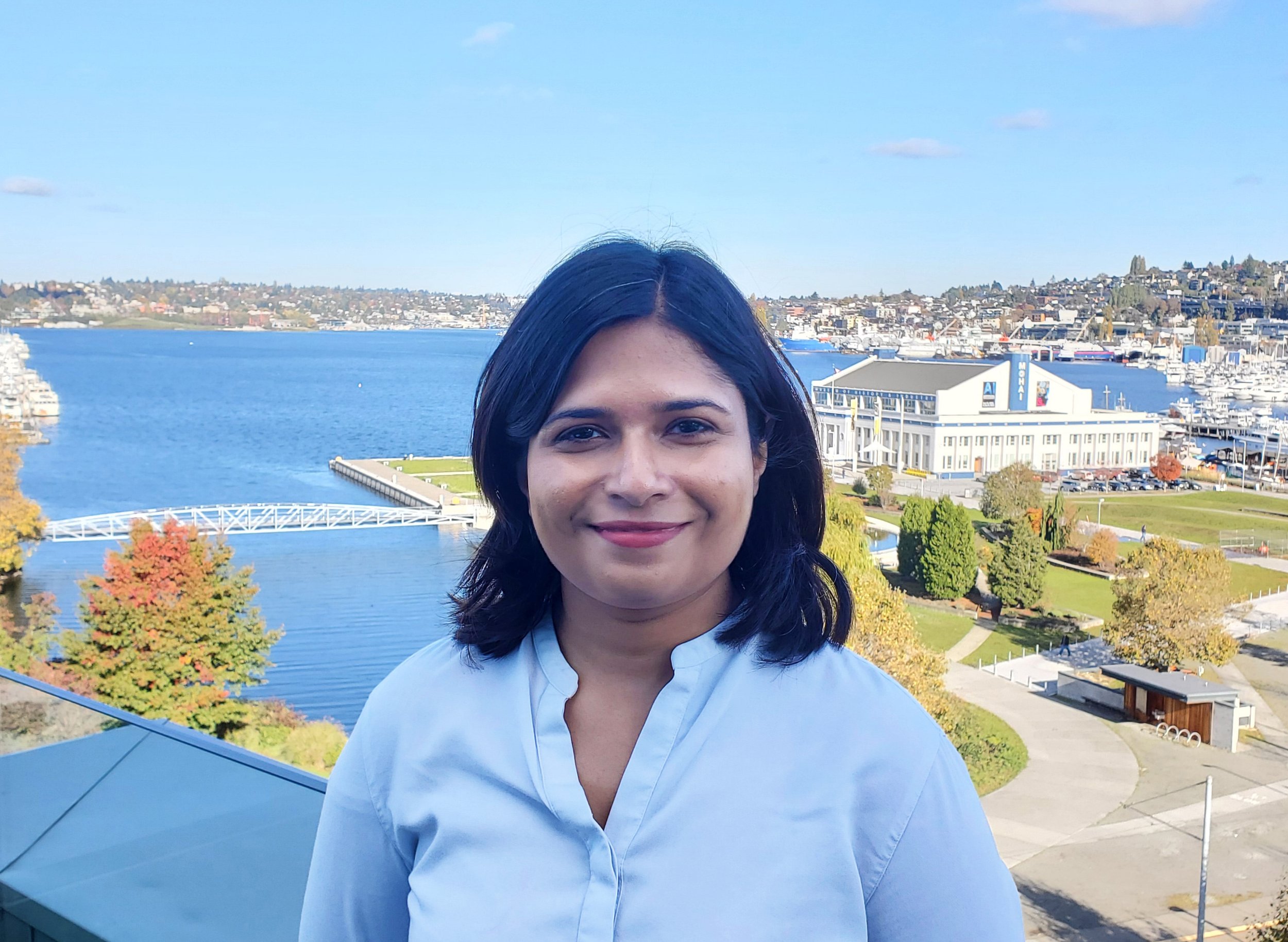
Anamika Agrawal, PhD
University of Washington
Dr. Agrawal’s work, in the labs of Dr. Mariano Gabitto (Allen Institute) and Dr. C. Dirk Keene (UW), focuses on Alzheimer’s disease pathology and progression. Through the combination of computational neuroscience, systems biology, and applied statistics, she will integrate multiple biomarkers across donors to develop a framework for mapping neurodegeneration.
-

Chary Batista, PhD
University of Washington
Dr. Batista’s work, in the labs of Dr. Steve Perlmutter and Dr. Sarah E. Mondello, focuses on spinal cord injury recovery. Her work will assess the functional synergy of combining spinal cord neural stem cell transplantation with spinal stimulation to facilitate axonal growth and synaptic connectivity.
-

Julianna Brutman, PhD
University of Washington
Dr. Brutman’s work, in the lab of Dr. Paul N. Valdmanis, focuses on RNA dysregulation’s impact on Alzheimer’s disease. Her work will investigate the impact of PSEN2 3’UTR isoforms on Alzheimer’s disease pathology.
-

Chiara Caldinelli, PhD
UC Berkeley
Dr. Caldinelli’s work, in the lab of Dr. Anne Collins, focuses on the functional organization and role of the mediodorsal thalamus in cognitive flexibility. She will further our understanding of human, flexible decision-making through the combination of behavioral studies, fMRI, and computational modeling.
-

Nahuel Foressi, PhD
University of Washington
Dr. Foressi’s work, in the lab of Dr. Andrés Barría, focuses on mechanisms of long-term potentiation, synaptic plasticity, and memory enhancement. His work will uncover targetable signaling pathways enabling precision therapeutics for cognitive impairment.
-

Pierre-Marie Dominique Gardères, PhD
UC Berkeley
Dr. Gardères’ work, in the lab of Dr. Daniel Feldman, focuses on cognitive and sensory impairment in autism spectrum disorders at the circuit level focused on cortical column synchronization in somatosensory cortices. His work will identify biomarkers of dysfunction in autism spectrum disorders and investigate the viability of circuit-level therapeutics for deficits in sensory integration.
-

Olivia Goldman, PhD
UC Berkeley
Dr. Goldman’s work, in the lab of Dr. Diana Bautista, focuses on the pathophysiology of virus-evoked headache. Through the development of a novel mouse model followed by an interrogation of specific cell types and signaling pathways involved in infection-associated pain, she will uncover potential cellular and molecular targets for treatment of virus-evoked headaches and pain.
-

Roya Huang, PhD
UC Berkeley
Dr. Huang’s work, in the lab of Dr. Steve Brohawn, focuses on the formation and regeneration of nodes of Ranvier. They will utilize a new technique (laser phase plate cryo-ET), through collaboration with Holger Müller’s lab at UC Berkeley, to study nodes of Ranvier formation at the ultrastructural level.
-

Jason Kang, MD, PhD
University of Washington
Dr. Kang’s work, in the lab of Dr. Marco Pravetoni, focuses on the neurodevelopmental consequences and prevention of prenatal fentanyl exposure. His work will validate an immunotherapeutic strategy for preventing fetal exposure to fentanyl and the subsequent neurodevelopmental impacts.
-

Gerick Lee, PhD
UC Berkeley
Dr. Lee’s work, in the lab of Dr. Liberty Hamilton, focuses on the development of speech processing. Working with pediatric and adult epilepsy patients, he will advance our understanding of the development of speech processing in the auditory cortex and insular cortex with increased spatial and temporal specificity via intracranial electroencephalography recordings.
-

Dillys Liu, PhD, MPH
UC San Francisco
Dr. Liu’s work, in the labs of Dr. Kristine Yaffe (UCSF) and Dr. Susan Landau (UCB), focuses on progression and regression of white matter hyperintensity and its relationship to clinical outcomes and Alzheimer’s disease pathology. She will employ a machine learning modeling and epidemiological approach to discover predictors of white matter hyperintensity progression and its link to cognitive decline.
-

Lihui Lu, PhD
UC San Francisco
Dr. Lu’s work, in the lab of Dr. Evan Feinberg, focuses on the neurobiological mechanism of perceptual stability, a process perturbed in schizophrenia. Exploiting the genetic accessibility of mouse models, he will characterize the prepositus hypoglossi nuclei to superior colliculus pathway and its role in perceptual stability.
-
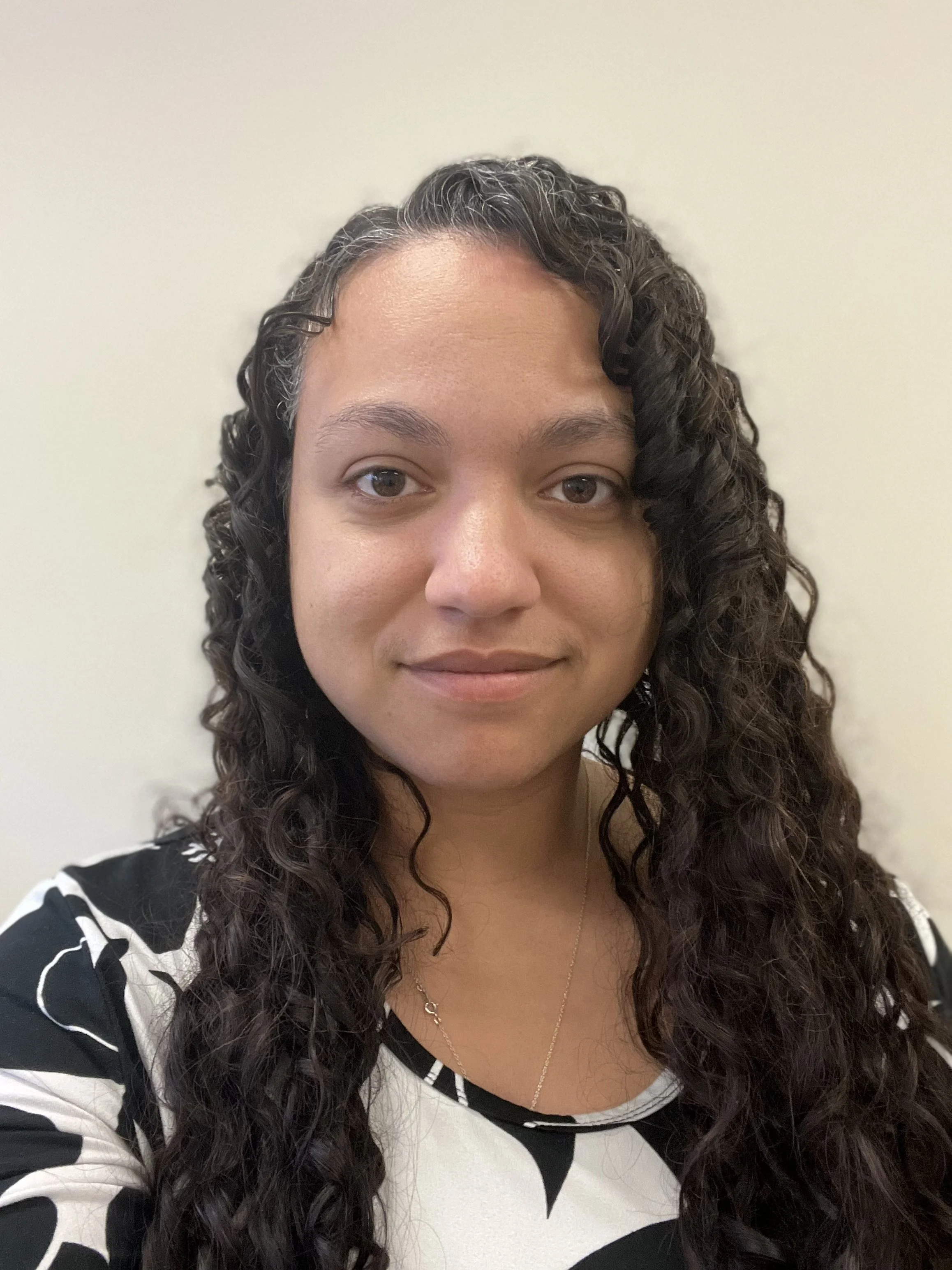
Carlie Neiswanger, PhD
University of Washington
Dr. Neiswanger’s work, in the labs of Dr. Mitra Heshmati and Dr. Sam Golden, focuses on the neural circuitry underlying the modulation of anesthetic emergence via pain pathways. She will bridge pain and consciousness studies through identifying shared mesolimbic circuit dynamics and their role on emergence.
-

Maya Nesbit, PhD
UC San Francisco
Dr. Nesbit’s work, in the lab of Dr. Vikaas Sohal, focuses on the neurobiological underpinnings of behavioral flexibility. Her work will uncover the relationship between prefrontal dopamine release and synchronized gamma oscillations in corticothalamic circuits underlying behavioral flexibility.
-

Lisa Randolph, PhD
UC San Francisco
Dr. Randolph’s work, in the lab of Dr. Anna Molofsky, focuses on type I interferon (IFN-I) signaling’s impact on microglial phagocytosis dynamics relevant to neurodevelopment. Her work will further our understanding of the mechanism of type I interferonopathies and the role of interferon-responsive microglia in development and diseased states.
-
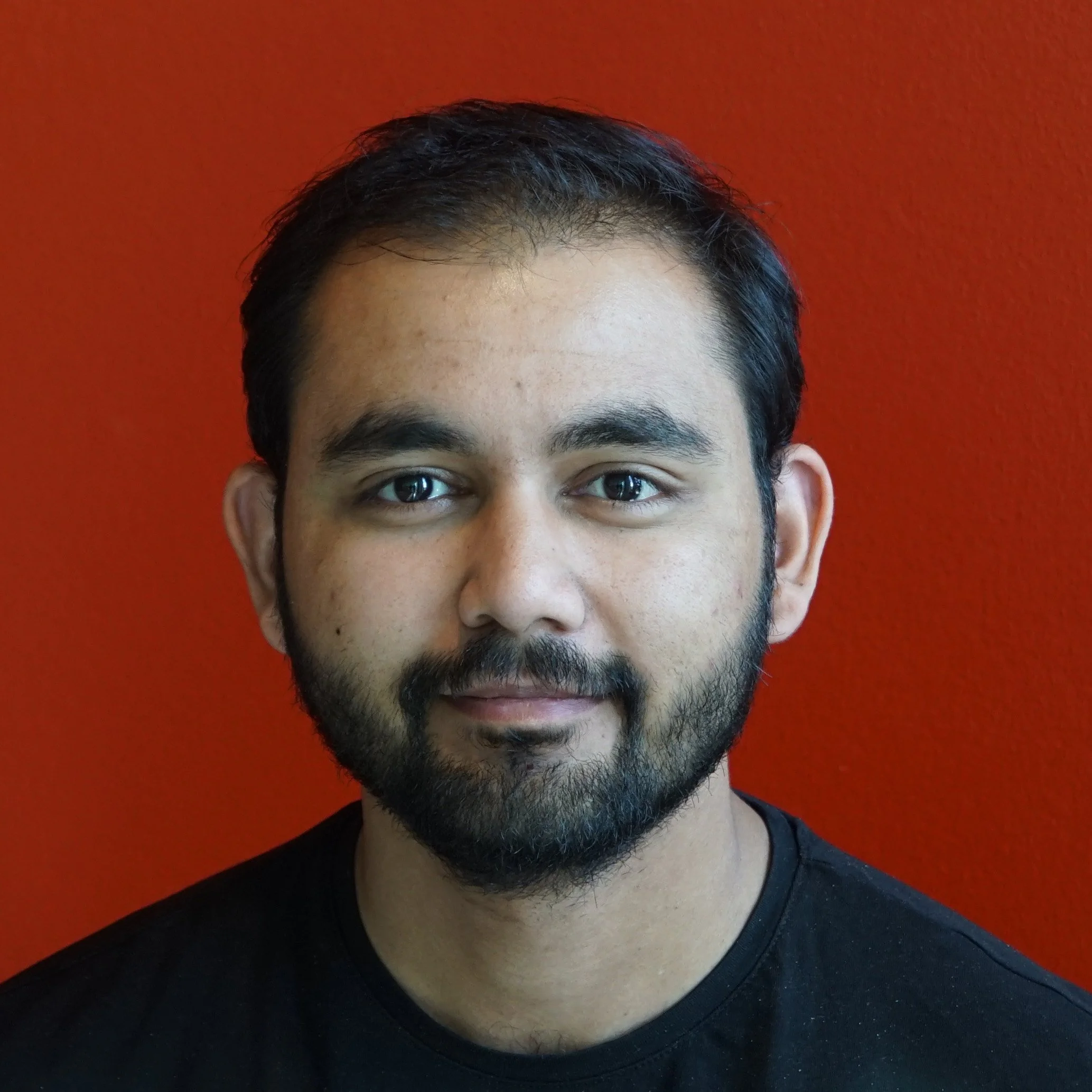
Gaurav Singh Rathore, PhD
UC San Francisco
Dr. Rathore’s work, in the lab of Dr. Mercedes Paredes, focuses on epigenetic regulation of neural tube development. Utilizing his novel in vitro neural tube model (MiSTR), he will investigate mechanisms of regionalization and cell fate determination.
-

Ali Sadeghi, PhD
University of Washington
Dr. Sadeghi’s work, in the lab of Dr. Christoph Hofstetter, focuses on restoring hand function and reducing spasticity post- traumatic spinal cord injury. He will investigate the impacts of varying spinal cord stimulation frequency on neuronal circuitry and will examine the relationship between spinal cord blood flow and motor recovery.
-

Omer Sharon, PhD
UC Berkeley
Dr. Sharon’s work, in the lab of Dr. Matthew P. Walker, focuses on sleep and cognitive resilience. Utilizing a novel simultaneous EEG and silent-fMRI platform that minimizes sleep disturbance, he will uncover mechanisms by which sleep supports cognition and how this mechanism is impacted by sleep fragmentation and Alzheimer’s disease pathology.
-
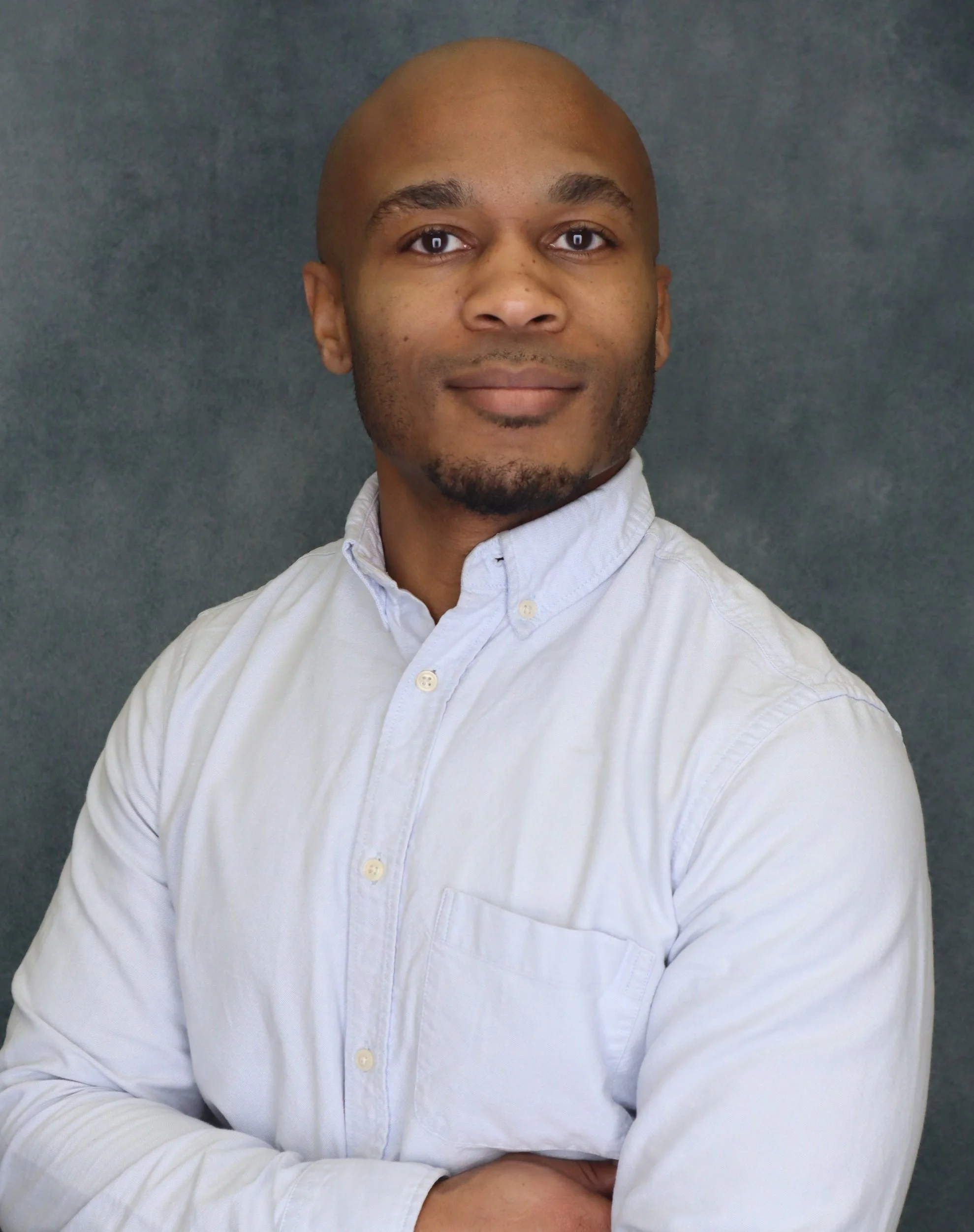
Marsalis Smith, PhD
University of Washington
Dr. Smith’s work, in the lab of Dr. Chet Moritz, focuses on restoring walking in spinal cord injury patients. His work will compare the efficacy and mechanism of locomotor training paired with transcutaneous spinal cord stimulation at two locations (cervical and lumbar) versus one location (cervical alone) to streamline protocols and accelerate clinical impact.
-
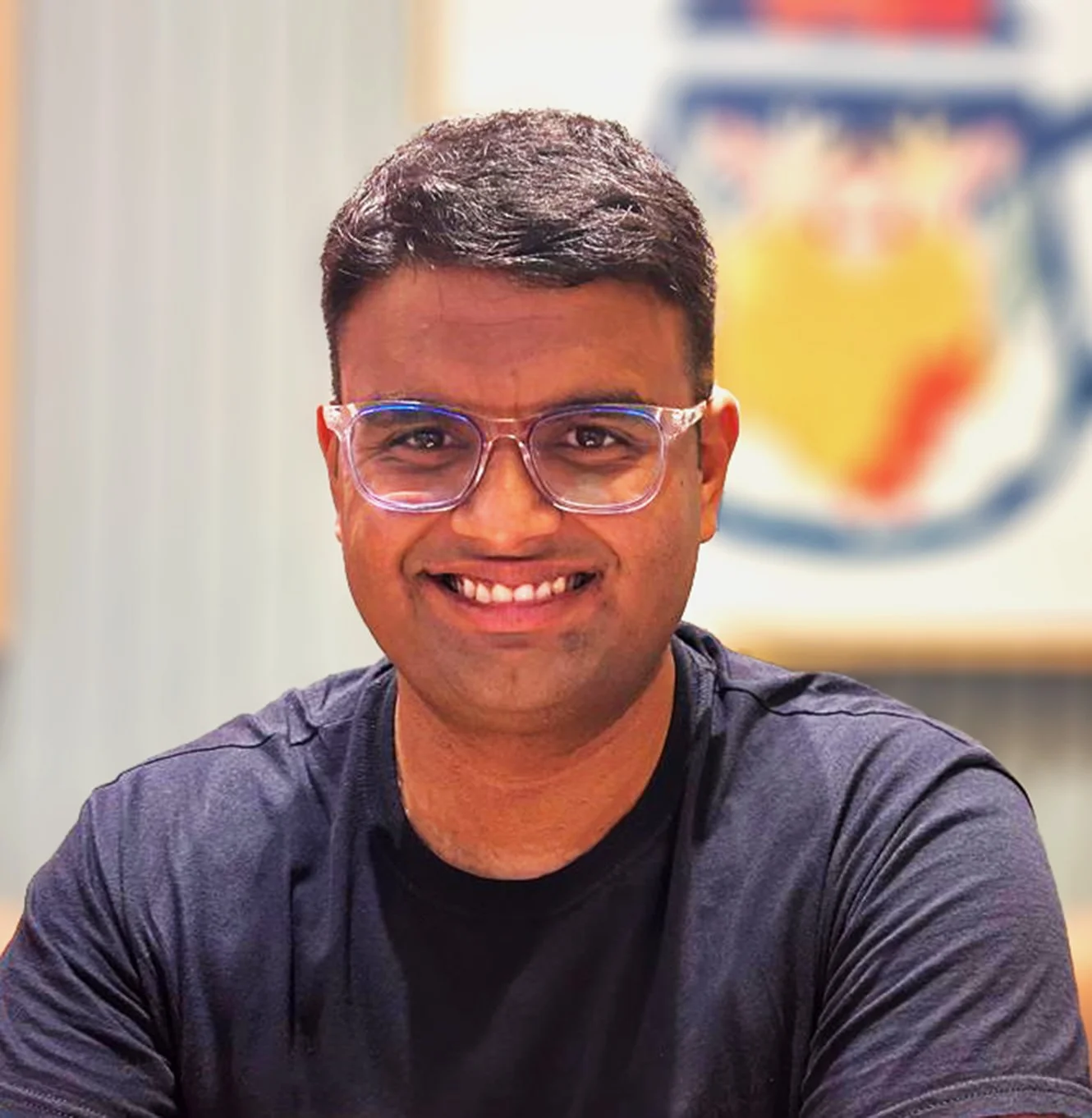
Ritwik Vatsyayan, PhD
UC San Francisco
Dr. Vatsyayan’s work, in the lab of Dr. Prasad Shirvalkar, focuses on the neural network of chronic pain. Utilizing computational methods, he will identify signatures of chronic pain and develop dynamical encoding models to predict the effects of stimulation.
-
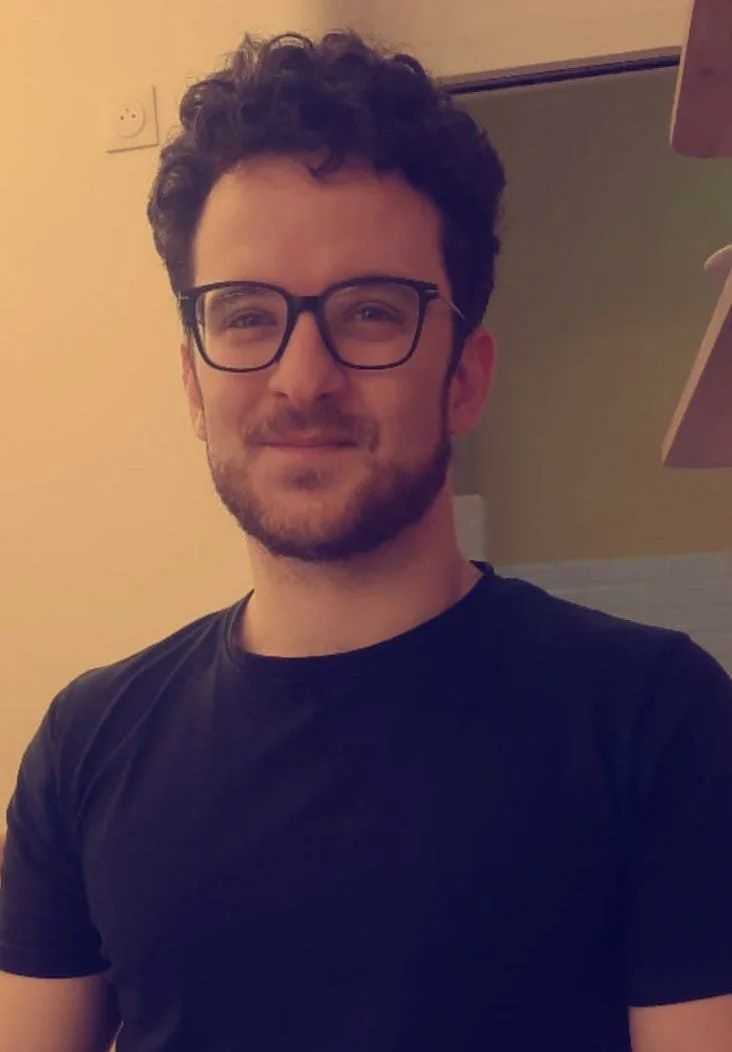
Samuele Virgili, PhD
University of Washington
Dr. Virgili’s work, in the labs of Dr. Jacob Yates (UCB), Dr. Fred Rieke (UW), and Dr. Gregory D Horwitz (UW), focuses on modeling the early visual system. His work will construct a biologically grounded model of sensory coding incorporating the impact of eye movements to inform prosthetic development.
-
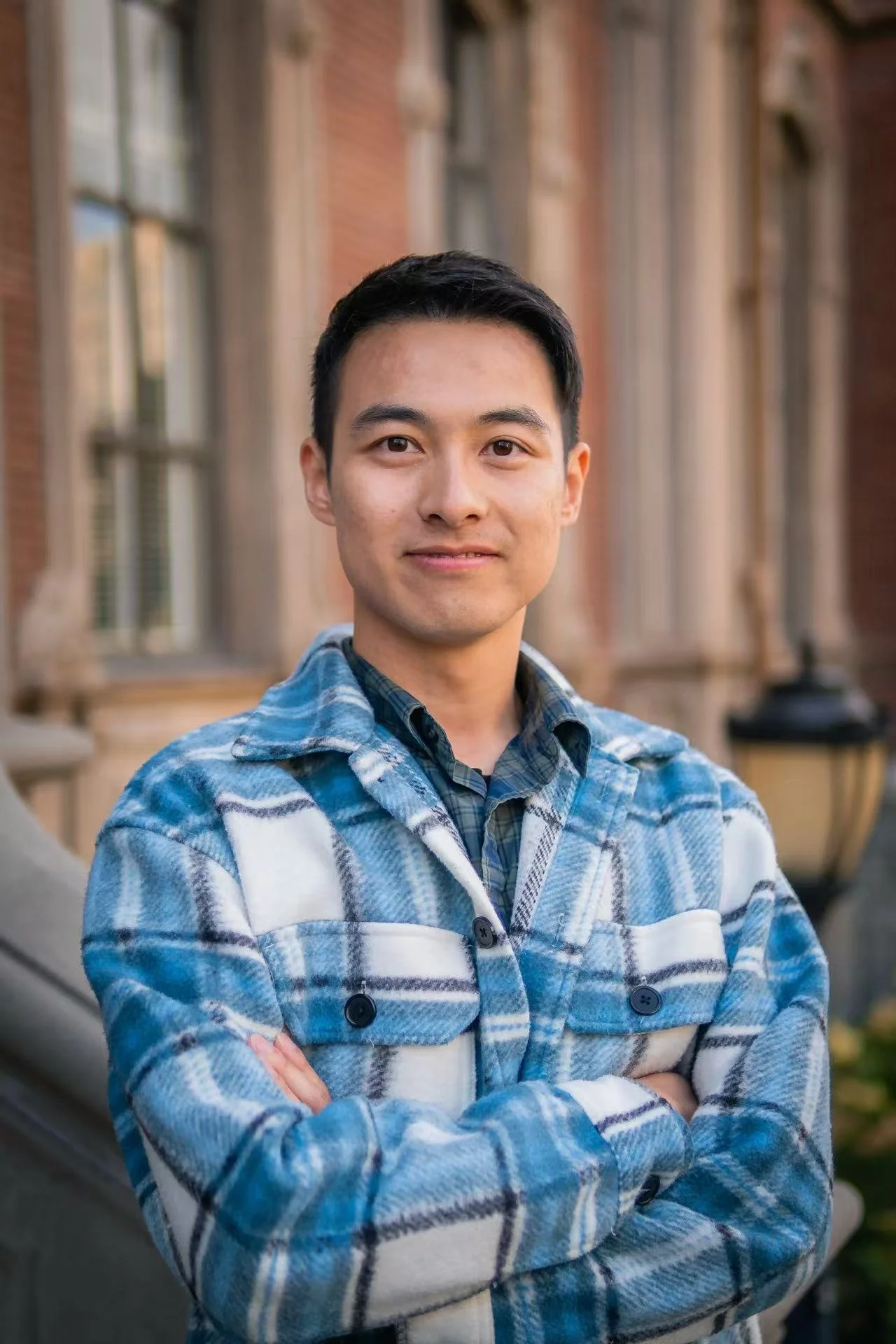
Da Xu, PhD
UC Berkeley
Dr. Xu’s work, in the lab of Dr. James K Nuñez, focuses on the regulation of gene expression via transcription factors in healthy and diseased states. Through combining CRISPR epigenome editing tools (such as CRISPRoff) with his RENDER platform, he will establish a next-generation platform for high-throughput functional genomic screening in cultured neurons.
-
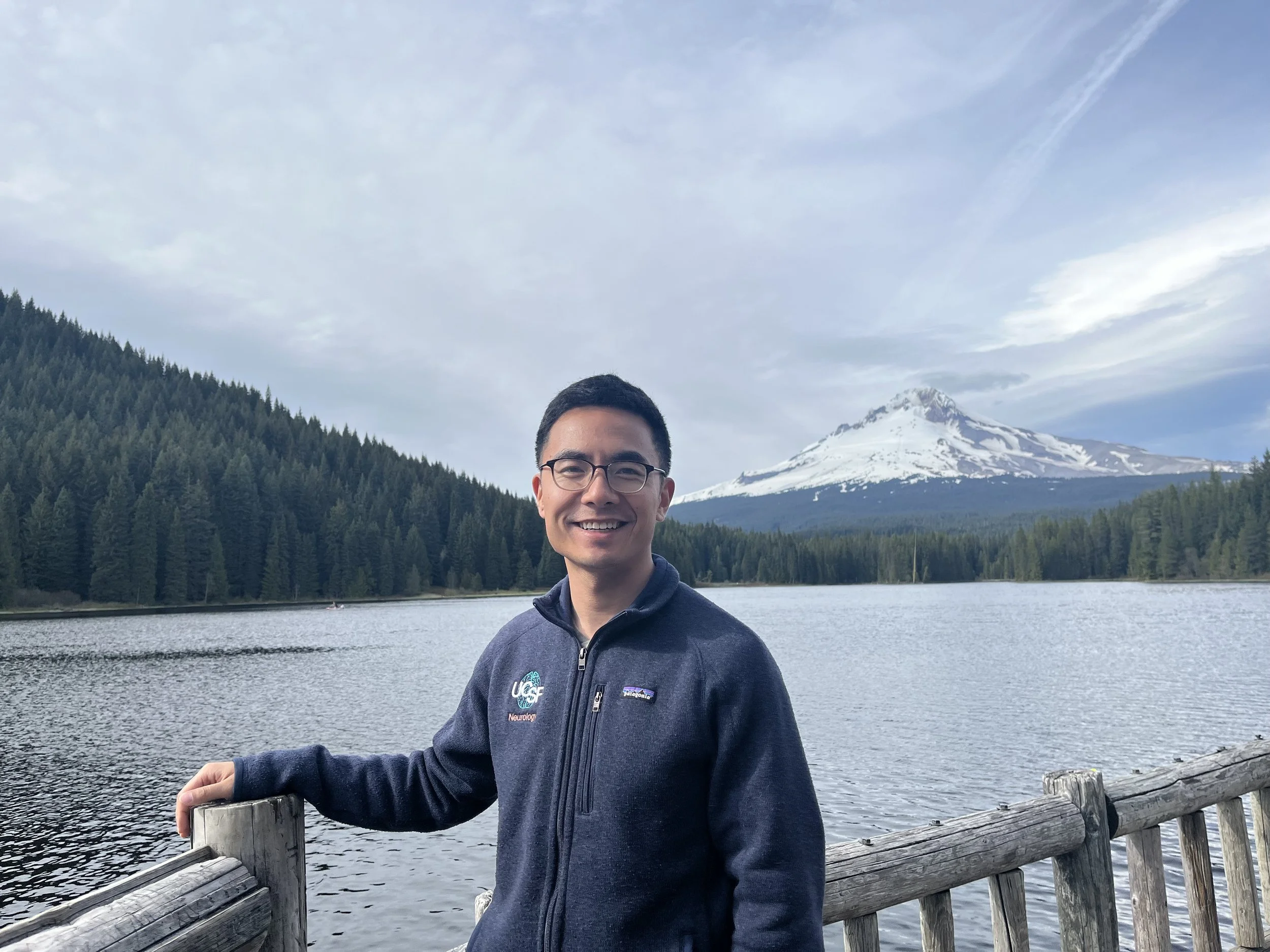
Jinxiao Zhang, PhD
UC San Francisco
Dr. Zhang’s work, in the lab of Dr. Simon Little, aim to pioneer a new approach to regulate Parkinson’s disease (PD) symptoms (motor and non-motor) through machine learning-powered, personalized, intracranial neurofeedback. Combining cutting-edge techniques in neurophysiology with personalized machine learning, his work will advance a new field of personalized intracranial neurofeedback therapy in neurological and psychiatric disorders.
